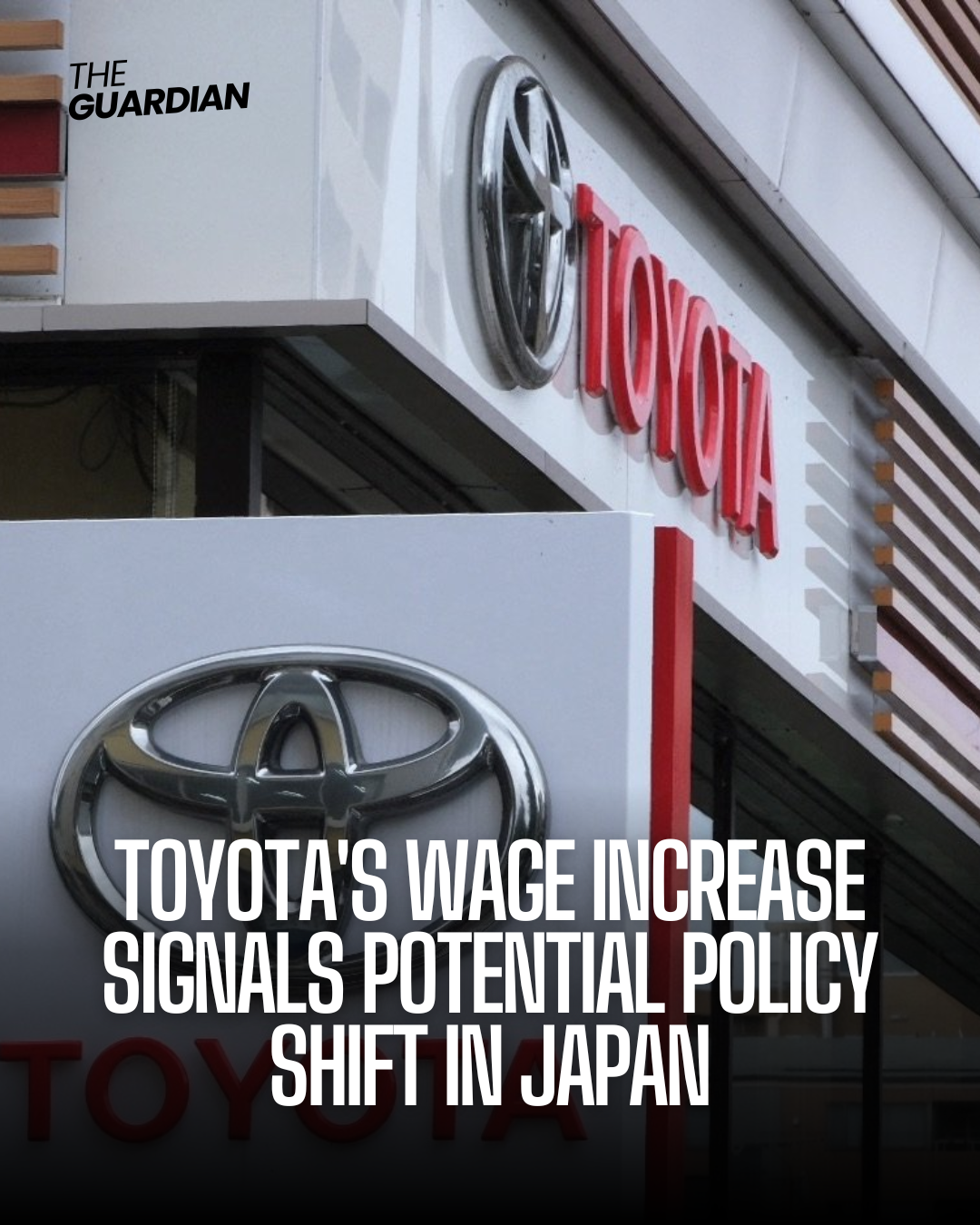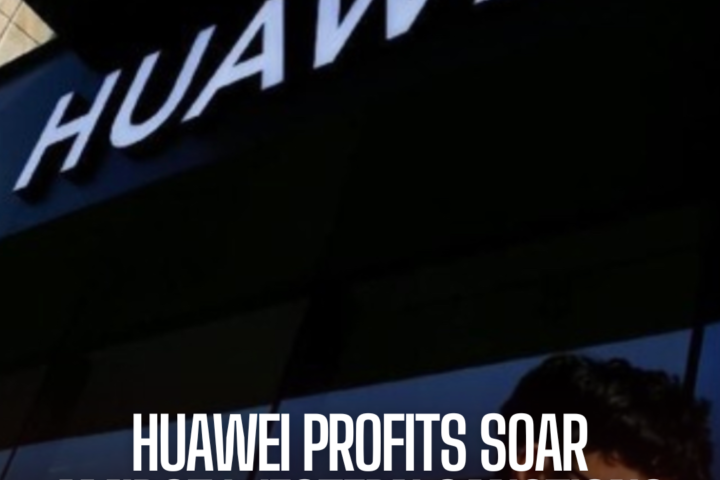Toyota Motor’s decision to grant its factory workers the largest pay raise in 25 years signals a potential shift in Japan’s economic landscape, with implications for the central bank’s monetary policy.
Corporate Response:
Several major Japanese corporations, including Toyota, Panasonic, Nippon Steel, and Nissan, have agreed to meet union demands for substantial pay hikes, marking a departure from previous negotiations.
The outcome of these annual wage negotiations is closely watched as it could pave the way for the Bank of Japan to end its policy of negative interest rates. Toyota’s move reflects a broader trend of increasing wages, which could stimulate consumer spending and economic growth.
Government and Central Bank Response:
Government officials, including Chief Cabinet Secretary Yoshimasa Hayashi, view the momentum for wage hikes positively, emphasizing the importance of spreading this trend to smaller businesses. Prime Minister Fumio Kishida has prioritized addressing stagnant wage growth to bolster consumer confidence.
Monetary Policy Considerations:
The Bank of Japan is monitoring the wage negotiations as a crucial factor in determining the timing of a potential policy shift. Governor Kazuo Ueda highlights the significance of this year’s negotiations in deciding the exit strategy from massive stimulus measures.
Workers’ demands for significant pay increases, as advocated by Japan’s largest trade union grouping, Rengo, reflect a desire to address decades of stagnant wage growth. Economists like Hisashi Yamada project substantial overall increases driven by global wage trends, labor shortages, and inflation.
Future Outlook:
While the current momentum for wage hikes is promising, uncertainties remain regarding the sustainability of these increases and their impact on smaller businesses. The outcome of ongoing negotiations will shape Japan’s economic trajectory and influence future monetary policy decisions.


























